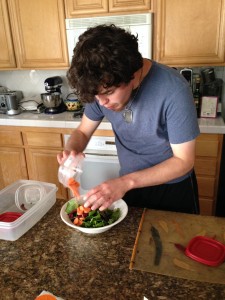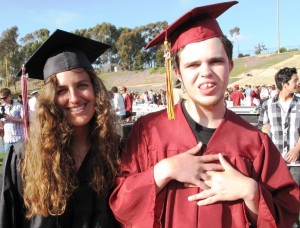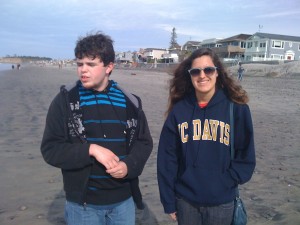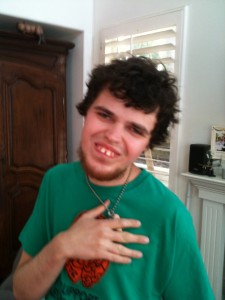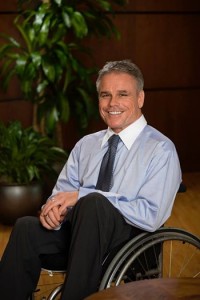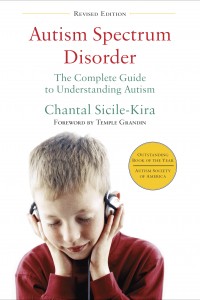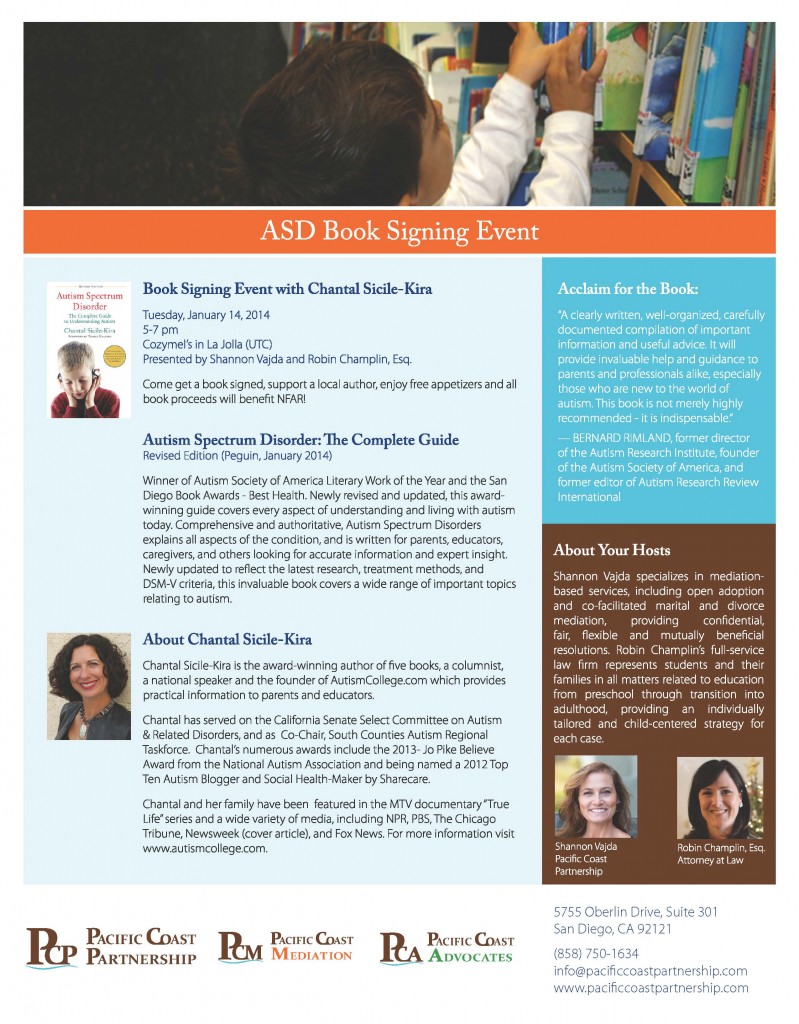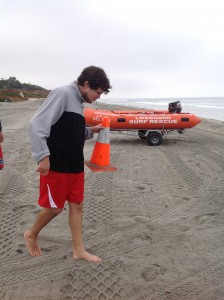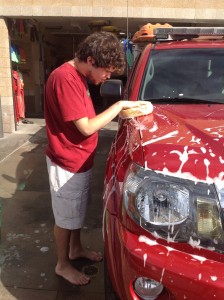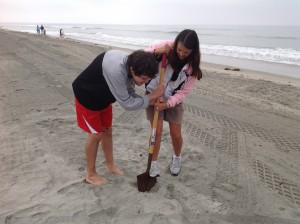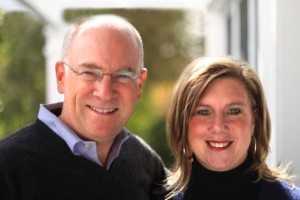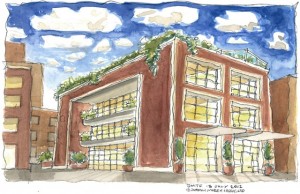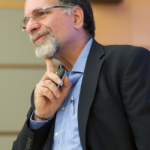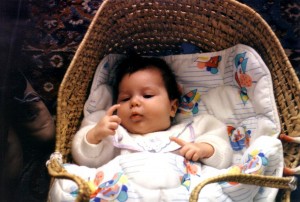
Jeremy Sicile-Kira – then
Yesterday I presented at IEP Day (Involved Exceptional Parents’ Day Conference) in San Diego. I promised to post some information here for participants, so they could easily access some links to free information. Feel free to pass this to other parents who need the information.
As a parent of a newly diagnosed child with special needs, it is not always easy. As we discussed yesterday, you may be feeling very emotional and upset, and that is normal. Remember, you are not alone. Many parents have been there before, and joining support groups with parents can be very helpful. You can share information.
Remember, you may be eligible for services and sometimes things go smoothly, sometimes they do not, and every school district is different. You will have to learn to be an advocate for your child. Knowing your rights is important. You will get services based on facts, not emotions.
In each state, there is information available for free to help you know your rights and responsibilities as a parent of a child with a disability, or a person with a disability. In some states it is called Protection and Advocacy; in California it is Disability Rights California http://www.disabilityrightsca.org.
There is a lot of information on that website, and great publications you can read on different rights and responsibilities you have. For example, If you want information as a parent of a child who receives special education services, click on “Publications and Resources” at the top http://www.disabilityrightsca.org/pubs/PublicationsIndex.htm. You can see the list of publications that explain in simple language what the laws mean. If English is not your native language, you can click on the language you want to read the document in (Spanish, Korean, etc). You want to read “The Special Education Rights and Responsibilities (SERR) in regards to special education.
Here is a series of blogposts I wrote specifically for parents of newly diagnosed children. This information is from my newly revised book, Autism Spectrum Disorder (2014). Although the book is specifically geared towards autism, the advice in the blogposts below is true for any new parent of a special needs child, especially # 1 and # 4.
1. Advice for Parents of Newly Diagnosed Children with Autism http://www.psychologytoday.com/blog/the-autism-advocate/201402/advice-parents-newly-diagnosed-children-autism
2. New to Autism? Where to Go for Information http://www.psychologytoday.com/blog/the-autism-advocate/201402/new-autism-where-go-information
3. Newly Diagnosed Child With Autism? First Steps for Parents http://www.psychologytoday.com/blog/the-autism-advocate/201402/newly-diagnosed-child-autism-first-steps-parents
4. Parents New to Autism: More First Steps to Take http://www.psychologytoday.com/blog/the-autism-advocate/201402/parents-new-autism-more-first-steps-take
You may also wish to sign up to receive free occasional newsletters from my website AutismCollege.com – scroll down the home page.
If you want to see my son Jeremy’s commencement speech to hear his words, you will find it here: Autism: Transition to Adulthood: Jeremy Sicile-Kira’s High School Commencement Speech.
Even if your child cannot speak, it does not mean he or she does not understand. Speak in whatever language you are comfortable in. Research shows that hearing two languages does not impede understanding. Just be consistent in using the same language.
Remember: your child is different – but not less! Tell your child everyday that you love him or her. Read to your child, sing to your child. You are connecting with your child, and that is the most important ‘therapy’ in the world. Over time you will see that you are learning as much from him or her as your child is learning from you. never give up on your child!
